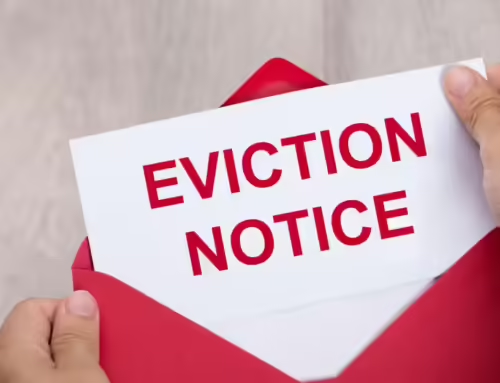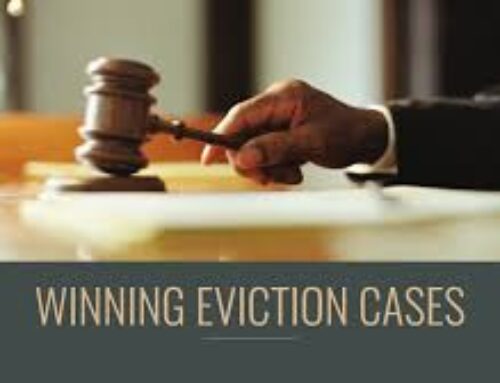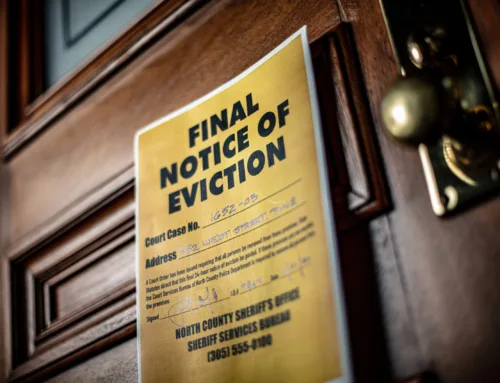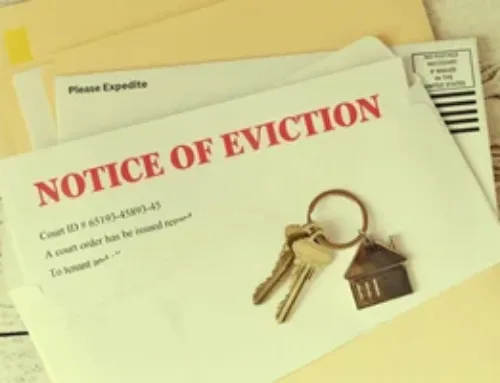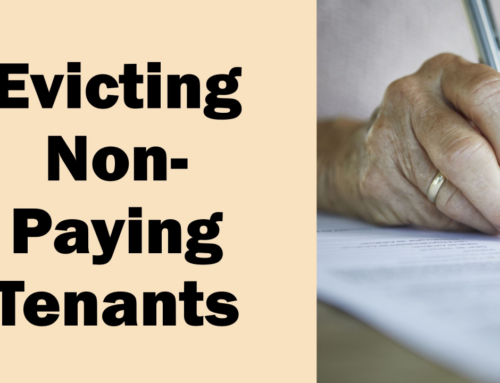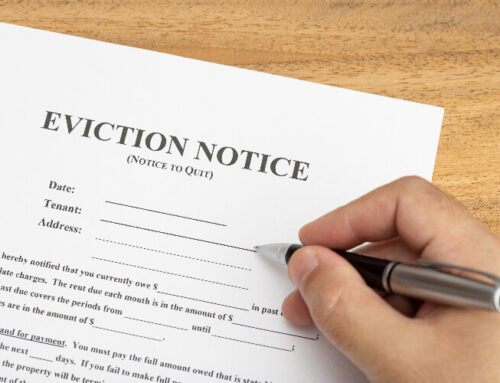Eviction records are legal documents that detail the eviction process between landlords and tenants. They can have significant ramifications for both parties, especially tenants, as they navigate future housing opportunities. Understanding eviction records, their implications, and the processes surrounding them is essential for both landlords and tenants. This blog will explore what eviction records are, how they are created, their potential consequences, and ways to mitigate their impact. You can know more about Eviction Successful case studies through this link and also visit our website if you want to know more ABOUT US.
What Are Eviction Records?
Eviction records are formal documents generated during the eviction process, which usually involves a landlord seeking to remove a tenant from a rental property due to violations of the lease agreement, such as failure to pay rent or property damage. These records may include:
- Court Filings: Documents submitted to the court that initiate the eviction process.
- Judgments: Court decisions that either favor the landlord (allowing the eviction) or the tenant (preventing the eviction).
- Settlement Agreements: Any agreements reached between the landlord and tenant, such as payment plans or terms for moving out.
How Are Eviction Records Created?
- Notice of Eviction: The eviction process typically begins with the landlord issuing a notice to the tenant, informing them of the intent to evict.
- Filing with the Court: If the issue is not resolved, the landlord files an eviction lawsuit in the appropriate court. This filing creates an official record.
- Court Hearing: A court hearing is scheduled where both parties can present their cases. The court then makes a judgment based on the evidence provided.
- Judgment Entry: If the court rules in favor of the landlord, an eviction judgment is entered, which becomes part of the public record.
Consequences of Eviction Records
1. Impact on Future Housing Opportunities
One of the most significant consequences of an eviction record is its impact on future rental applications:
- Tenant Screening: Many landlords conduct background checks on potential tenants, including reviews of eviction records. A prior eviction can make it difficult for tenants to secure new housing.
- Higher Security Deposits: Landlords may require higher security deposits from tenants with eviction records as a precaution against potential issues.
2. Credit Score Implications
While eviction records do not directly affect credit scores, they can lead to financial challenges that impact creditworthiness:
- Unpaid Rent: If an eviction leads to unpaid rent or damages, landlords may send these debts to collections, which can significantly harm a tenant’s credit score.
- Legal Fees: Costs associated with the eviction process, including legal fees, can also lead to financial strain.
3. Long-Term Stigma
Having an eviction record can lead to a long-term stigma that affects a tenant’s reputation:
- Landlord Perception: Landlords may view tenants with eviction records as higher-risk, leading to biases in the selection process.
- Employment Impact: Some employers conduct background checks that include eviction records, potentially affecting job opportunities, particularly in housing-related fields.
How to Mitigate the Impact of Eviction Records
1. Addressing the Issue Promptly
If you receive an eviction notice, it is crucial to act quickly:
- Communicate: Reach out to your landlord to discuss the situation. Often, open communication can lead to a resolution.
- Seek Legal Advice: If you believe the eviction is unjust, consulting with a lawyer can help you understand your rights and potential defenses.
2. Know Your Rights
Understanding tenant rights can empower individuals facing eviction:
- Legal Protections: Familiarize yourself with local laws regarding evictions, as many jurisdictions have specific regulations in place.
- Assistance Programs: Many organizations offer assistance programs that can help with rent payments and legal representation.
3. Expungement Options
In some cases, tenants may be able to have eviction records expunged:
- Eligibility: Research your eligibility for expungement, as laws vary by state. Some jurisdictions allow the removal of eviction records after a certain period, particularly if the tenant fulfilled obligations or the eviction was dismissed.
- Legal Process: Consult with a legal professional to navigate the expungement process effectively.
4. Improve Financial Stability
Taking proactive steps to improve financial stability can help mitigate the consequences of an eviction record:
- Budgeting: Create a budget to manage expenses and prioritize rent payments.
- Seek Employment: Explore job opportunities to increase income and financial security.
Conclusion
Understanding eviction records and their consequences is crucial for both landlords and tenants. While eviction records can pose significant challenges for tenants seeking new housing, knowledge and proactive measures can help mitigate these impacts. For landlords, maintaining fair practices and clear communication can foster positive relationships with tenants and reduce the likelihood of eviction.
As the housing landscape continues to evolve, both parties must be informed and prepared to navigate potential issues surrounding eviction records. Taking the time to understand your rights, responsibilities, and available resources can lead to better outcomes and healthier rental relationships.
FAQs
1. How long do eviction records stay on my record?
Eviction records typically remain on your record for seven years, but this can vary by state. Some jurisdictions may allow for expungement after a certain period or under specific circumstances.
2. Can I still rent if I have an eviction record?
Yes, it is possible to rent with an eviction record, but it may be more challenging. Many landlords conduct background checks, so being prepared to explain your situation and provide references can help.
3. What can I do if I believe my eviction was unjust?
If you believe your eviction was unjust, consult with a legal professional to understand your rights and explore potential defenses or options for contesting the eviction.
4. Are eviction records publicly available?
Yes, eviction records are generally public documents. Landlords, property managers, and screening companies can access these records as part of tenant screening processes.
5. What should I do if I receive an eviction notice?
If you receive an eviction notice, respond promptly by communicating with your landlord, seeking legal advice, and understanding your rights as a tenant. Taking swift action can help you resolve the situation more effectively.




